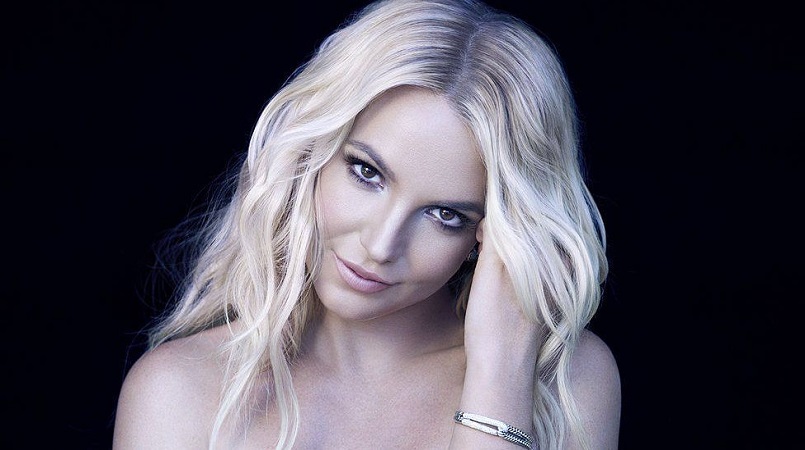
Britney Spears knows what it's like to feel trapped: First by poverty, then by fame, then by her family.
She has been subject to scrutiny and ridicule throughout her life. As a teenager, journalists repeatedly asked her questions about her breasts and her sex life. As an adult, she was imprisoned under a conservatorship that stripped her of some of the most basic human rights.
For 13 years, she could not see her two sons without approval. Her driving licence was confiscated. She could not choose her meals, and was forbidden from drinking tea or coffee. When she wanted to have a contraceptive intrauterine device (IUD) removed, her request was denied.
That court-imposed order, overseen by her father, was lifted two years ago, when a judge ruled Spears could make her own decisions again.
But her new memoir, The Woman In Me, reveals that was no happy ending.
"Migraines are just one part of the physical and emotional damage I have now that I'm out of the conservatorship," she writes. "I don't think my family understands the real damage that they did."
And for fans hoping to hear new music, she has bad news: "My music was my life, and the conservatorship was deadly for that; it crushed my soul."
Those events cast a shadow over Spears' life story. Along the way, every betrayal and public indignity feels like a step along the path to her eventual incarceration.
It began as soon as she exploded onto the pop charts in 1998. She was an overnight sensation, but the press refused to believe she had any agency. Her songs were written for her, they noted, while suggesting that her public image was created by creepy, salivating older men.
The more she was perceived as a product and a pawn of the music industry, the easier it became to erode her autonomy.
In one of the book's most chilling moments, Spears recalls her father telling her he's assumed legal control of her personal and professional affairs.
His words: "I am Britney Spears now."
